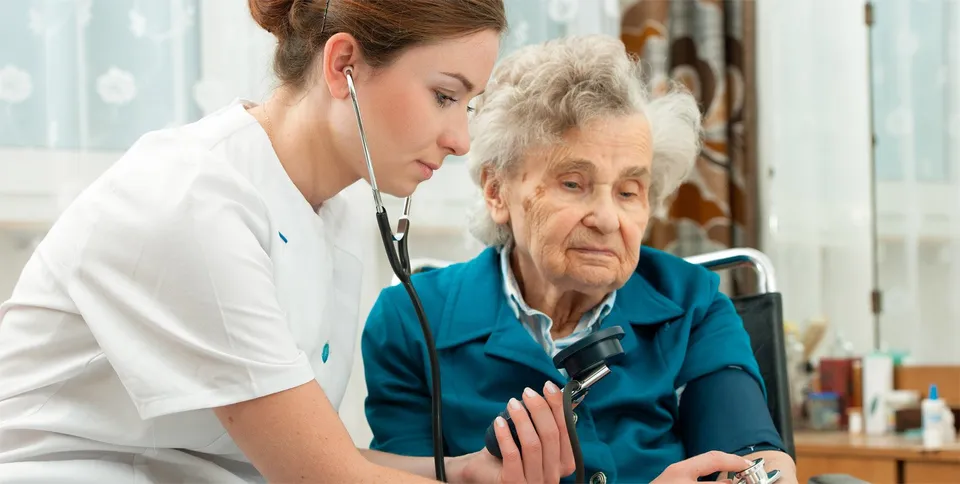Recognizing Nursing Home Abuse
- July 19, 2016 @ 4:06 pm
- Written by adminjbwp
- Categories: Florida | Neglect Nursing Home Abuse

When children help their parents choose a nursing home, there’s generally an expectation that they will be treated like family (or better!). After all, nurses and care providers at nursing homes are entrusted with not only the medical care of their residents, but also their day-to-day needs.
Most nursing home residents are elderly, putting them at greater risk for being taken advantage of. Thankfully, many nursing homes do a great job of nurturing and caring for their residents, ensuring they partake in various activities and enjoy their time. There are still, however, people who prey on the elderly and who may use their position of trust in a nursing home to hurt residents. So how can you tell if someone you love is being abused in their nursing home?
What a Florida Nursing Home Should Provide
First, it’s important to know what a nursing home should provide so you can ensure your parent’s or loved one’s needs are being met. Florida nursing home patients should have:
- Clean Clothes
- Cleaning living spaces
- Access to handicap facilities
- Healthy meals
- Social activities
- Medication if necessary
- Access to emergency care
- A measure of privacy
These are generally the most basic requirements. Many nursing homes go above and beyond to provide more services for their residents. Make sure you understand what your nursing home provides and keep an eye out for any infractions as they could be a warning sign.
Signs of Nursing Home Abuse
When visiting family in a nursing home, make sure to keep an eye out for the following signs of nursing home abuse.
PHYSICAL SIGNS OF ABUSE AT A NURSING HOME
The physical signs of nursing home abuse include:
- Cuts, puncture wounds, and burns
- Bruises, welts, or untreated bed sores
- Dehydration
- Malnutrition
- Paleness or sunken eyes
BEHAVIORAL SIGNS OF ABUSE AT A NURSING HOME
In addition to the physical signs of nursing home abuse, some victims may present behavioral signs of abuse. These signs include:
- Becoming withdrawn or isolated
- Agitation or anger
- More confusion or disorientation
- New fears and anxieties
- Non-responsiveness
Reporting Nursing Home Abuse in Florida
It’s extremely important to report nursing home abuse. While some people may be inclined to remove their parents from the situation and move on, this does not remove the injurious individual or individuals. To report nursing home abuse in Florida, follow these guidelines the Department of Elder Affairs.
In addition, it’s advisable to speak to a Tampa nursing home abuse lawyer to discuss any legal options you may have. Not only is nursing home abuse a criminal offense, it can also be tried under personal injury law. Because criminal cases only deal with the punishment of abusers and other defendants, it is helpful to file a civil suit to cover costs of medical care (including therapy) as well as any additional expenses caused by the nursing home abuse.
A Tampa nursing home abuse lawyer specializes in helping the victims of nursing home abuse or neglect and their families. With specialized knowledge of elder care requirements and the Florida nursing home system, a Tampa nursing home abuse lawyer can provide honest advice and feedback to assist clients with moving forward. Because Florida requires that abuse claims be made within two years, it’s important to speak with a Tampa nursing home abuse lawyer as soon as you discover the abuse to ensure your right to litigation is protected.
The elderly are an at-risk population for abuse—and not just physical abuse. They are also at risk for emotional and verbal abuse, financial abuse, and sexual abuse. A Tampa nursing home abuse lawyer can help you fight back against those who have hurt your family so you can receive damages for your pain and suffering and also help others in the process.
